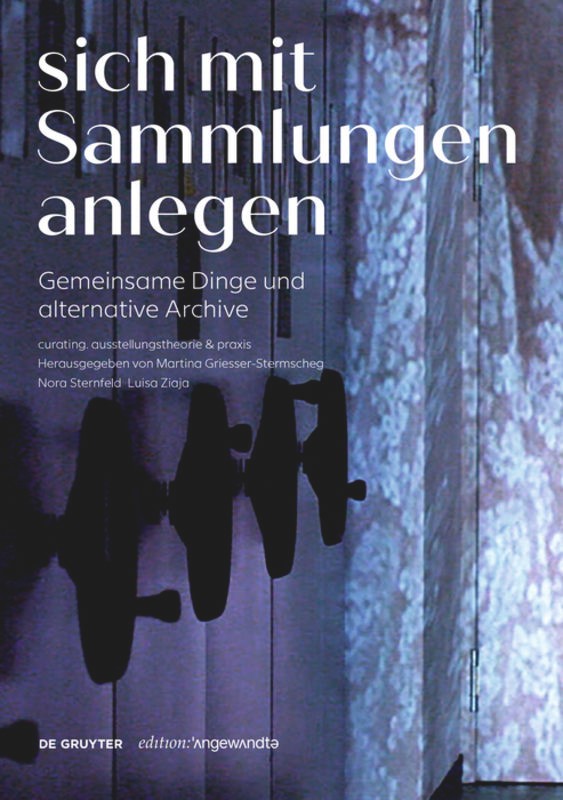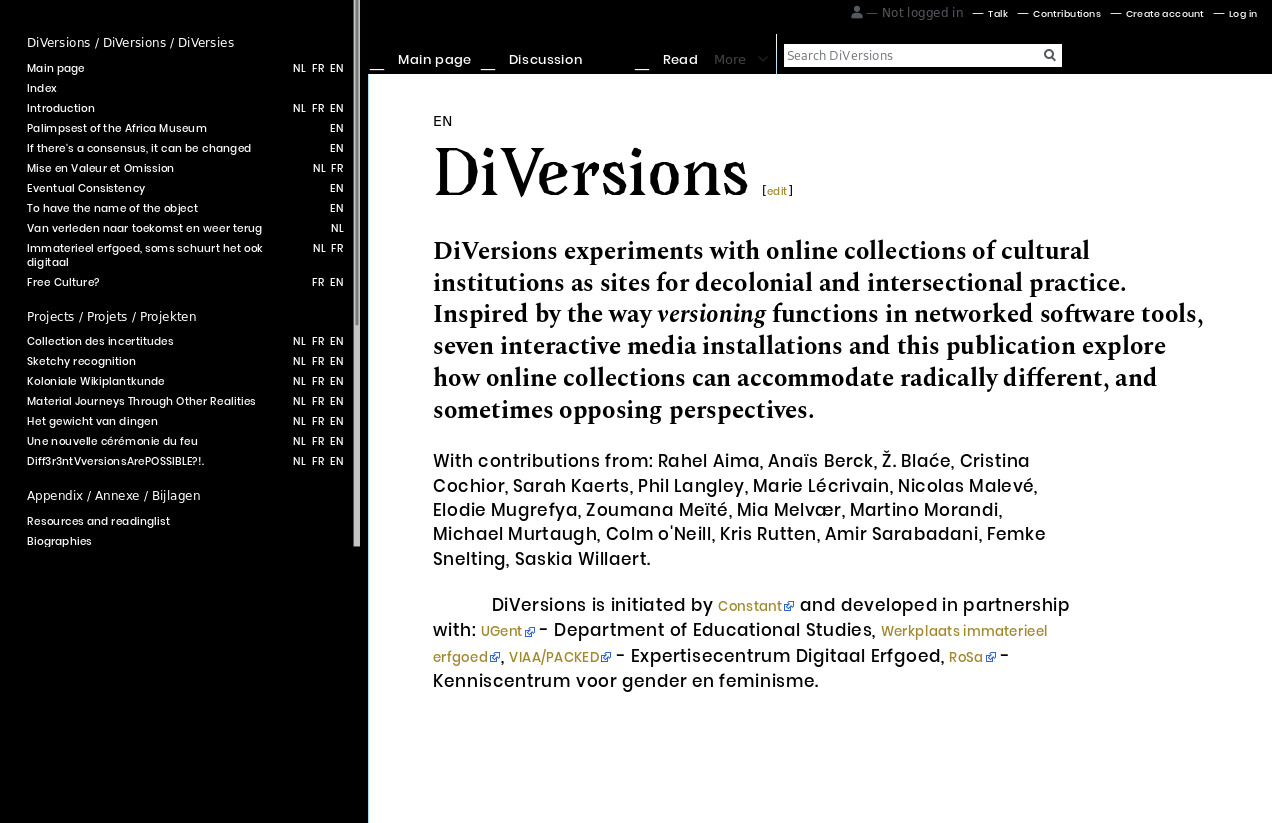October, 174: A Questionnaire on Decolonization (2020)
Filed under survey | Tags: · activism, art, black people, collecting, colonialism, decoloniality, decolonization, eurocentrism, history, imperialism, indigenous peoples, land, museum, postcolonialism, race, slavery, violence
“The term decolonize has gained a new life in recent art activism, as a radical challenge to the Eurocentrism of museums (in light of Native, Indigenous, and other epistemological perspectives) as well as in the museum’s structural relation to violence (either in its ties to oligarchic trustees or to corporations engaged in the business of war or environmental depredation). In calling forth the mid-twentieth-century period of decolonization as its historical point of reference, the word’s emphatic return is rhetorically powerful, and it corresponds to a parallel interest among scholars in a plural field of postcolonial or global modernisms. The exhortation to decolonize, however, is not uncontroversial-some believe it still carries a Eurocentric bias. Indeed, it has been proposed that, for the West, de-imperialization is perhaps even more urgent than decolonization.
What does the term decolonize mean to you in your work in activism, criticism, art, and/or scholarship? Why has it come to play such an urgent role in the neoliberal West? How can we link it historically with the political history of decolonization, and how does it work to translate postcolonial theory into a critique of the neocolonial contemporary art world?”
Respondents include Nana Adusei-Poku, Brook Andrew, Sampada Aranke, Ian Bethell-Bennett, Kader Attia, Andrea Carlson, Elise Y. Chagas, ISUMA, Iftikhar Dadi, Janet Dees, Nitasha Dhillon, Hannah Feldman, Josh T. Franco, David Garneau, Renee Green, Iman Issa, Arnold J. Kemp, Thomas Lax, Nancy Luxon, Nelson Maldonado-Torres, Saloni Mathur, Tiona Nekkia McClodden, Alan Michelson, Partha Mitter, Isabela Muci Barradas, Steven Nelson, Ugochukwu-Smooth C. Nzewi, Alessandro Petti, Paulina Pineda, Christopher Pinney, Elizabeth Povinelli, Ryan Rice, Andrew Ross, Paul Chaat Smith, Nancy Spector, Francoise Verges, Rocio Zambrana, and Joseph R. Zordan.
Edited by Huey Copeland, Hal Foster, David Joselit, and Pamela M. Lee
Publisher MIT Press, Fall 2020
Open access
ISSN 0162-2870
123 pages
Martina Griesser-Stermscheg, Nora Sternfeld, Luisa Ziaja (eds.): Sich mit Sammlungen anlegen. Gemeinsame Dinge und alternative Archive (2020) [German]
Filed under book | Tags: · archive, archiving, collecting, commons, curating, library, museum

“Wie lässt sich die Idee der Commons im Kontext von Museen, Archiven und Sammlungen denken? In welchem Spannungsverhältnis stehen alternative Sammlungsstrategien und die Reproduktion eines etablierten Kanons? Welche Rolle spielen künstlerische Praxen für die Demokratisierung und Zugänglichmachung von Sammlungen?
Gegen den Trend einer zunehmenden Ökonomisierung und Kanonisierung des Sammelns gibt es immer lautere Stimmen, die Leerstellen in Sammlungen kritisieren und Diskussionen über neue diverse Sammlungsstrategien befeuern. Versteht man die Schaffung von Commons auch als eine soziale Praxis für die Formulierung alternativer Formen der Wissensproduktion und des Wissensaustauschs, so eröffnen sich für öffentliche Museen, Sammlungen und Archive herausfordernde Fragestellungen hinsichtlich Zugänglichkeit, Eigentum und Öffentlichkeit. Ausgehend von dem kürzlich erschienenen Band Sich mit Sammlungen anlegen. Gemeinsame Dinge und alternative Archive entwickeln die Beitragenden neue Perspektiven auf die Verknüpfung etablierter institutioneller Infrastrukturen und alternative Methoden des Sammelns.
Mit Antonia Alampi, Stefan Aue, Filipa César, Knut Ebeling, Martina Griesser-Stermscheg, Belinda Kazeem-Kamiński, Vera Lauf, Cornelia Sollfrank, Nora Sternfeld, Luisa Ziaja, Franciska Zólyom u. a.”
Publisher De Gruyter, Berlin, 2020
Angewandte series
ISBN 9783110700442, 3110700441
300 pages
Book launch (with video discussion)
Project
Editors
Publisher
WorldCat
PDF (27 MB)
Comment (0)DiVersions (2019) [NL, FR, EN]
Filed under wiki book | Tags: · archive, augmented reality, classification, collecting, cultural heritage, data, database, decolonization, interface, intersectionality, queer, software

“DiVersions experiments with online collections of cultural institutions as sites for decolonial and intersectional practice. Inspired by the way versioning functions in networked software tools, seven interactive media installations and this publication explore how online collections can accommodate radically different, and sometimes opposing perspectives.”
With contributions from: Rahel Aima, Anaïs Berck, Ž. Blaće, Cristina Cochior, Sarah Kaerts, Phil Langley, Marie Lécrivain, Nicolas Malevé, Elodie Mugrefya, Zoumana Meïté, Mia Melvær, Martino Morandi, Michael Murtaugh, Colm o’Neill, Kris Rutten, Amir Sarabadani, Femke Snelting, Saskia Willaert.
Edited by Constant (Elodie Mugrefya, Femke Snelting)
Publisher Constant, Brussels, October 2019
Free Art License 1.3

